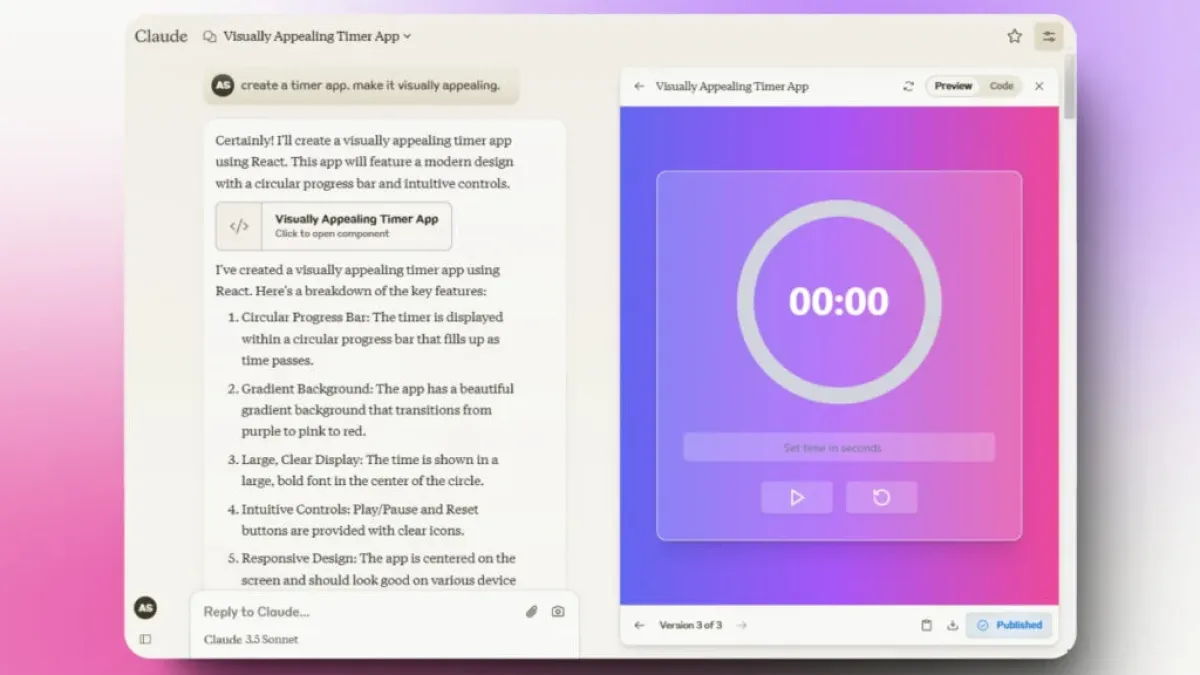On August 23, 2024, environmentalist and political figure Robert F. Kennedy Jr. shocked both allies and critics by voicing his support for a “drill, baby, drill” energy policy. Known for his long-standing dedication to environmental causes, Kennedy’s endorsement of expanded oil drilling has left many of his supporters bewildered. This unexpected shift has ignited fierce debate, as Kennedy’s stance appears to contradict his environmentalist roots.
Kennedy, a prominent figure within the environmental movement, has built a reputation on his firm opposition to fossil fuels. His previous campaigns have focused on promoting renewable energy sources and reducing carbon emissions. However, in a recent speech, Kennedy highlighted the importance of energy independence and economic stability. He argued that the current energy crisis demands a pragmatic approach, even if it means embracing policies traditionally opposed by environmentalists.
Kennedy’s remarks came during a public event where he addressed a crowd of supporters and media. He emphasized the need to secure America’s energy future, citing the ongoing global energy crisis and rising fuel prices. Kennedy claimed that the United States must reduce its dependence on foreign oil, which he argued has become a national security issue. To achieve this, he suggested increasing domestic oil production, even if it involves controversial methods such as offshore drilling.
“While renewable energy remains the ultimate goal, we cannot ignore the immediate needs of our country,” Kennedy stated. “The reality is that we need to ensure our energy security, and that means drilling for more oil at home.”
Kennedy’s statements quickly spread across social media and news outlets, sparking reactions from both sides of the political spectrum. Environmental groups, in particular, have expressed disappointment and confusion. Many activists see his new stance as a betrayal of the environmental movement, which has long fought against expanding fossil fuel extraction. Some have even accused Kennedy of pandering to conservative voters, who have traditionally supported the “drill, baby, drill” mantra.
Critics argue that Kennedy’s position undermines the progress made in the fight against climate change. They point to the environmental risks associated with increased oil drilling, including potential oil spills and habitat destruction. They also emphasize that expanding fossil fuel production contradicts the urgent need to reduce greenhouse gas emissions to combat global warming.
On the other hand, some political analysts believe Kennedy’s move could broaden his appeal among moderate and conservative voters. They argue that his stance reflects a pragmatic approach to the current energy crisis, which has become a top concern for many Americans. By advocating for increased domestic oil production, Kennedy may attract voters who prioritize energy independence and economic stability over environmental concerns.
Kennedy’s shift in position also highlights the complex and often conflicting nature of energy policy in the United States. The country is facing growing pressure to transition to renewable energy sources while also addressing immediate energy needs. This tension has led to fierce debates over the role of fossil fuels in the nation’s energy future.
In the wake of his remarks, Kennedy has sought to clarify his position, stressing that his support for increased drilling is a temporary measure. He reiterated his commitment to renewable energy, stating that fossil fuels are only a short-term solution to the current energy crisis. Kennedy emphasized that his ultimate goal remains the transition to a clean energy economy, but he argued that this transition must be balanced with the nation’s immediate energy needs.
Despite his efforts to explain his stance, Kennedy’s comments have continued to fuel controversy. The environmental community remains divided, with some seeing his position as a necessary compromise and others viewing it as a dangerous concession to the fossil fuel industry.
As the debate unfolds, Kennedy’s support for the “drill, baby, drill” strategy has added a new layer of complexity to the national conversation on energy policy. His unexpected endorsement has not only surprised his supporters but also highlighted the ongoing challenges of balancing environmental protection with energy security in an increasingly uncertain world. Whether Kennedy’s gamble will pay off politically remains to be seen, but one thing is clear: his stance has sparked a debate that shows no signs of slowing down.









